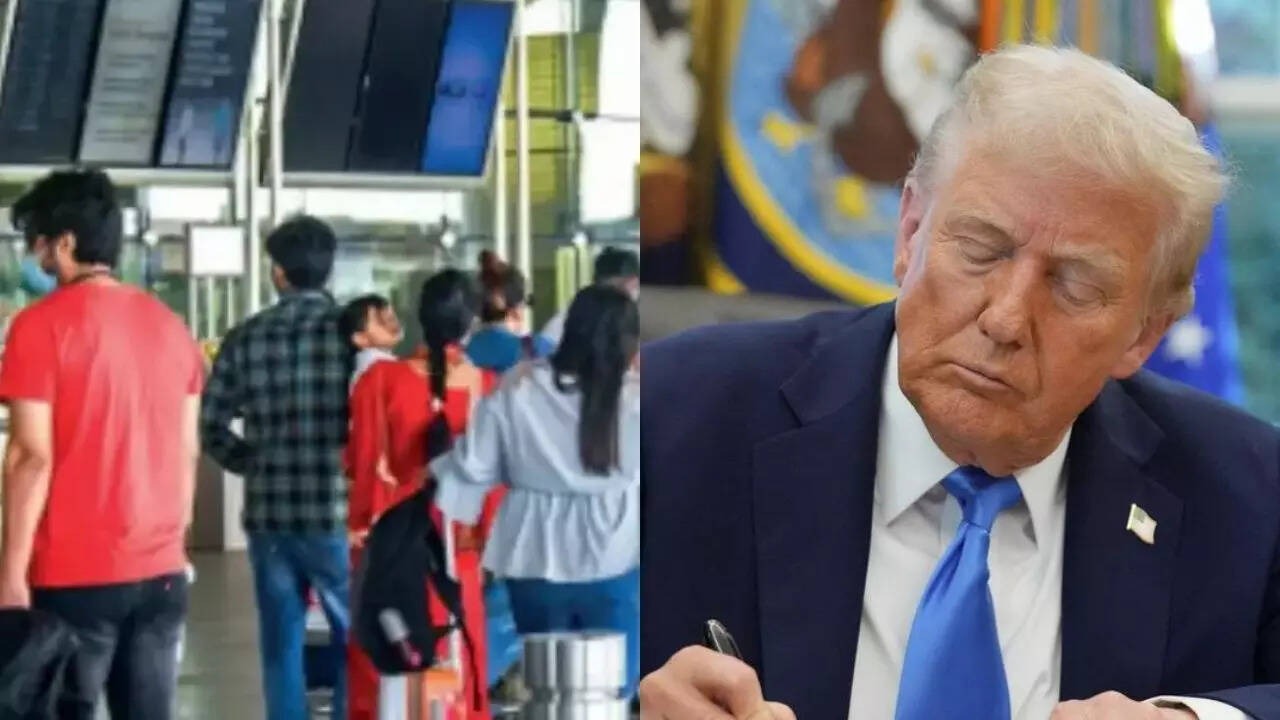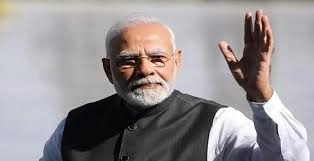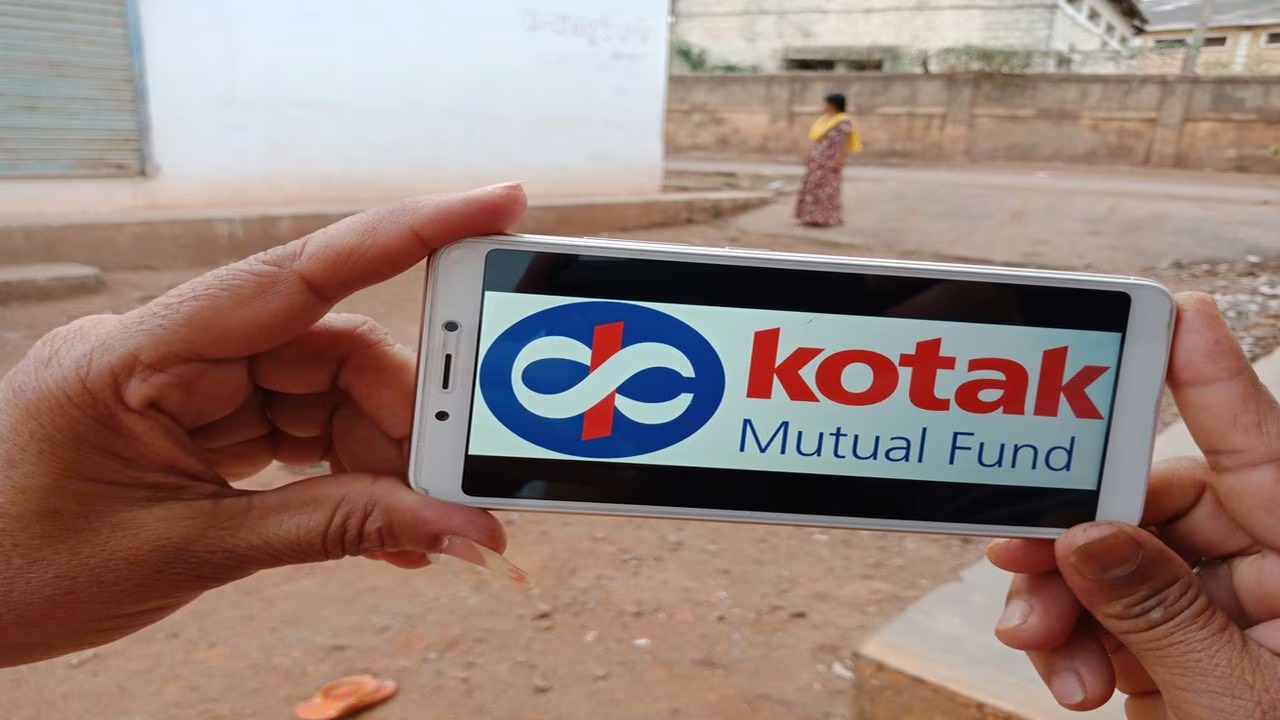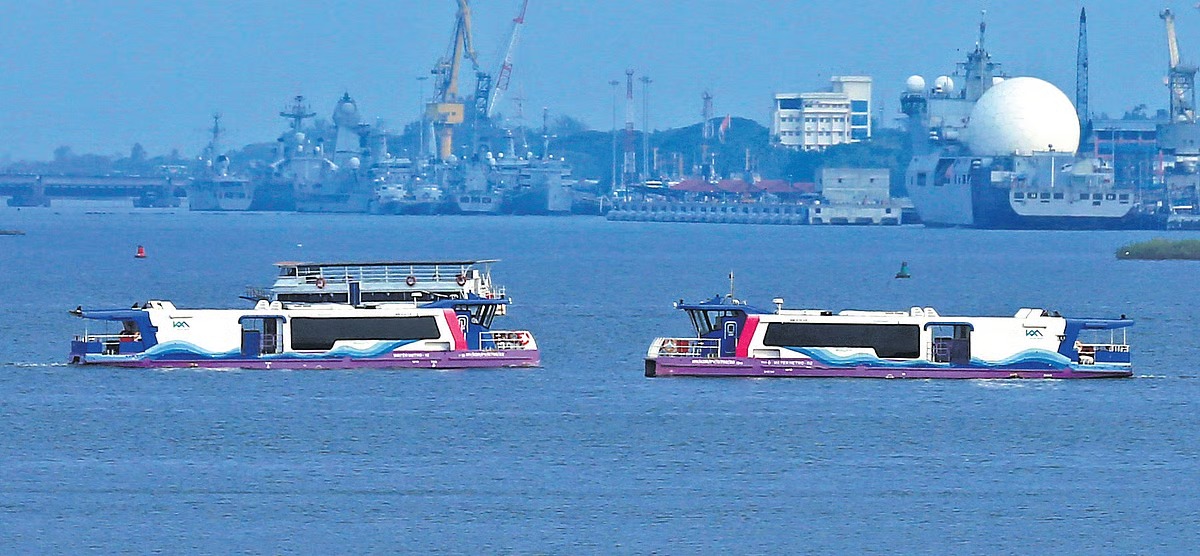 Image Source : The Times Of India
Image Source : The Times Of India
Following the White House’s proclamation mandating a USD 100,000 annual fee for each new H-1B visa holder, the Indian government has activated an emergency helpline for citizens affected by the sudden policy shift. The move comes amid mounting anxiety across the tech industry, with companies, employees, and consulates scrambling to assess the fallout. The Indian Embassy in Washington DC confirmed the helpline on September 21, 2025, urging H-1B visa holders to reach out for urgent assistance, travel coordination, and legal guidance.
The fee hike, announced by President Donald Trump, has triggered a wave of advisories from major tech firms and prompted diplomatic engagement at multiple levels. While existing visa holders are reportedly exempt from the new fee, the broader implications for renewals, transfers, and future applications remain unclear.
Key Highlights From India’s Emergency Response
- Indian Embassy in Washington DC issues emergency helpline for H-1B visa holders
- The helpline will assist with travel, documentation, and legal queries related to the fee order
- The USD 100,000 fee applies to new H-1B applications and renewals, effective September 21
- Indian tech firms and startups brace for cost escalation and talent mobility disruptions
- NASSCOM and MEA initiate consultations with US counterparts to seek clarity and relief
Embassy On Alert: Coordinated Response Underway
The Indian Embassy’s emergency helpline is part of a broader contingency plan activated by the Ministry of External Affairs (MEA). Officials are working with consulates in Houston, San Francisco, and New York to track affected individuals and provide real-time support. The helpline will remain active 24x7 for the next two weeks, with priority given to:
- Individuals facing imminent travel deadlines or visa expiry
- Families impacted by H-4 dependent complications
- Students and early-career professionals navigating job transitions
- Employers seeking documentation support for compliance
The MEA has also directed missions to compile data on stranded or vulnerable citizens and coordinate with airlines for emergency bookings.
Tech Industry Braces For Operational Shock
India’s IT and startup sectors are bracing for significant disruptions as the fee order threatens to upend long-standing talent pipelines. Companies like Infosys, Wipro, TCS, and Zoho have begun reassessing their US deployment strategies, while startups with lean budgets face existential questions about overseas expansion.
Key concerns include:
- Increased cost of talent acquisition and retention in the US
- Reduced flexibility in inter-office transfers and client servicing
- Potential delays in project execution due to visa bottlenecks
- Shift toward remote-first models and nearshore alternatives
NASSCOM has issued a statement warning that the fee hike could erode India’s competitive edge in global tech services and called for bilateral dialogue to mitigate unintended consequences.
Political And Strategic Dimensions
The fee order is being interpreted as part of a broader push by the Trump administration to prioritize domestic hiring and reduce foreign workforce dependency. Commerce Secretary Howard Lutnick defended the move, stating that it incentivizes companies to train American graduates. However, critics argue that the policy penalizes high-skilled contributors and risks weakening US innovation ecosystems.
Indian officials have initiated diplomatic engagement with their US counterparts, seeking exemptions for critical sectors and exploring transitional relief mechanisms. The MEA is expected to raise the issue formally during upcoming trade and strategic dialogues.
Voices From The Ground
Several H-1B holders have taken to social media to express confusion and concern over the sudden shift. Many are reconsidering travel plans, job offers, and long-term relocation strategies. Zoho founder Sridhar Vembu has urged professionals to consider returning to India and rebuilding careers locally, citing the country’s expanding tech landscape and entrepreneurial opportunities.
Looking Ahead
As the September 21 deadline takes effect, the Indian government’s emergency response and industry recalibration will be critical in navigating the fallout. With talent mobility at the heart of India’s global tech leadership, the coming weeks will test the resilience of both policy frameworks and professional communities.
Sources: Hindustan Times, Economic Times, Business Standard, NDTV.
Advertisement
Advertisement







